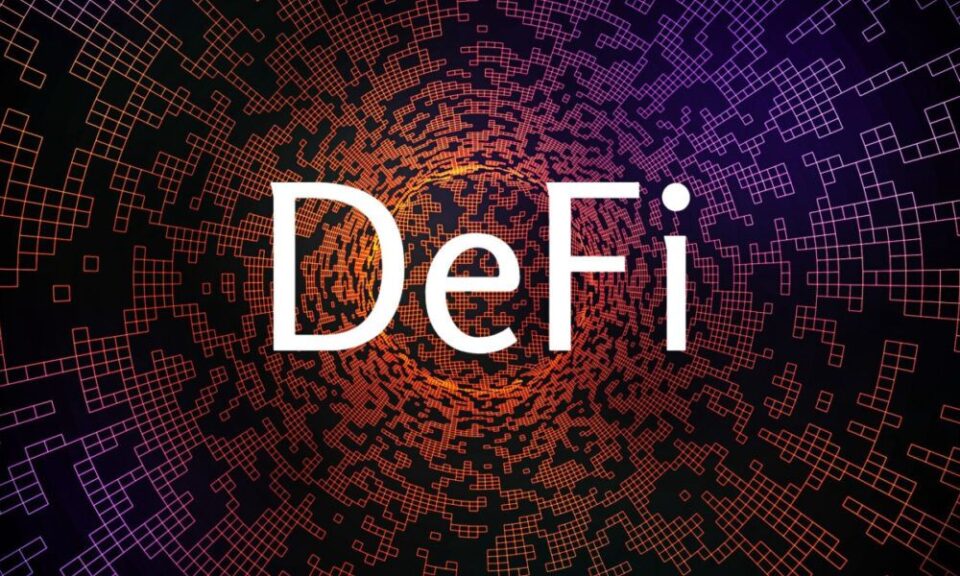Private keys are unique alphanumeric codes corresponding to your blockchain public addresses. They serve as the ultimate proof of ownership, allowing you to authorize transactions and interact with various DeFi protocols. Losing or compromising your private keys effectively means relinquishing control over your digital assets, and prioritizing their protection.
The most secure method for storing private keys is through cold storage, which involves keeping them offline and disconnected from the internet. This approach significantly reduces the risk of hacking attempts, malware infections, and other cyber threats potentially exposing your keys.
Hardware wallets – A robust solution
Hardware wallets are dedicated devices designed specifically for storing private keys in an offline environment. These physical devices resemble USB drives and provide an air-gapped solution, meaning they operate independently from any computer or network connection. Leading hardware wallet manufacturers, such as Ledger and Trezor, offer robust security features, including secure chip architecture, PIN protection, and recovery seed phrases.
To use a hardware wallet, you’ll need to follow a straightforward setup process, which typically involves generating a new seed phrase and recording it safely. This seed phrase serves as a backup mechanism, allowing you to restore your wallet and access your funds if your hardware wallet is ever lost or damaged.
Paper wallets – Low-tech approach
For those seeking a low-tech yet reliable method, paper wallets offer a simple solution. These wallets consist of printing your public and private keys on a piece of paper, which can then be stored in a secure location, such as a safe or a bank safety deposit box. While paper wallets eliminate the risk of digital attacks, they require utmost care in handling and storage to prevent physical damage or loss.
Multi-signature wallets – Shared responsibility
In the DeFi ecosystem, multi-signature (multi-sig) wallets provide an additional layer of security by requiring multiple parties to authorize transactions. This approach distributes the responsibility of private key management among multiple individuals or entities, reducing the risk of a single point of failure. Multi-sig wallets typically require a predetermined number of signatures (private keys) to approve a transaction, with the specific threshold defined during the wallet’s setup. For instance, a 2-of-3 multi-sig wallet would necessitate two out of three private keys to initiate a transaction successfully.
Seed phrase and password management
Whether you’re using a hardware wallet, paper wallet, or an online wallet, securely storing and managing your seed phrase or recovery words is imperative. These seed phrases serve as the ultimate backup mechanism, allowing you to restore your wallet and access your funds if needed. Consider the following best practices for seed phrase and password management:
- Never store your seed phrases or passwords digitally, as they could be vulnerable to cyber attacks or data breaches.
- Write down your seed phrases and passwords on durable, acid-free paper or metal plates.
- Store multiple copies of your seed phrase in separate secure locations, such as safety deposit boxes or fireproof safes.
- Avoid using easily guessable passwords or phrases, and opt for strong, randomly generated passwords or passphrases.
- Never share your seed phrase or passwords with anyone, as they grant full access to your funds.
As the DeFi landscape continues to evolve, staying informed about the latest security best practices and emerging threats is crucial. Regularly educate yourself on private key management techniques, follow reputable sources in the crypto community, and stay vigilant against potential scams or social engineering attempts. For the info about best cryptocurrency visit retik.

